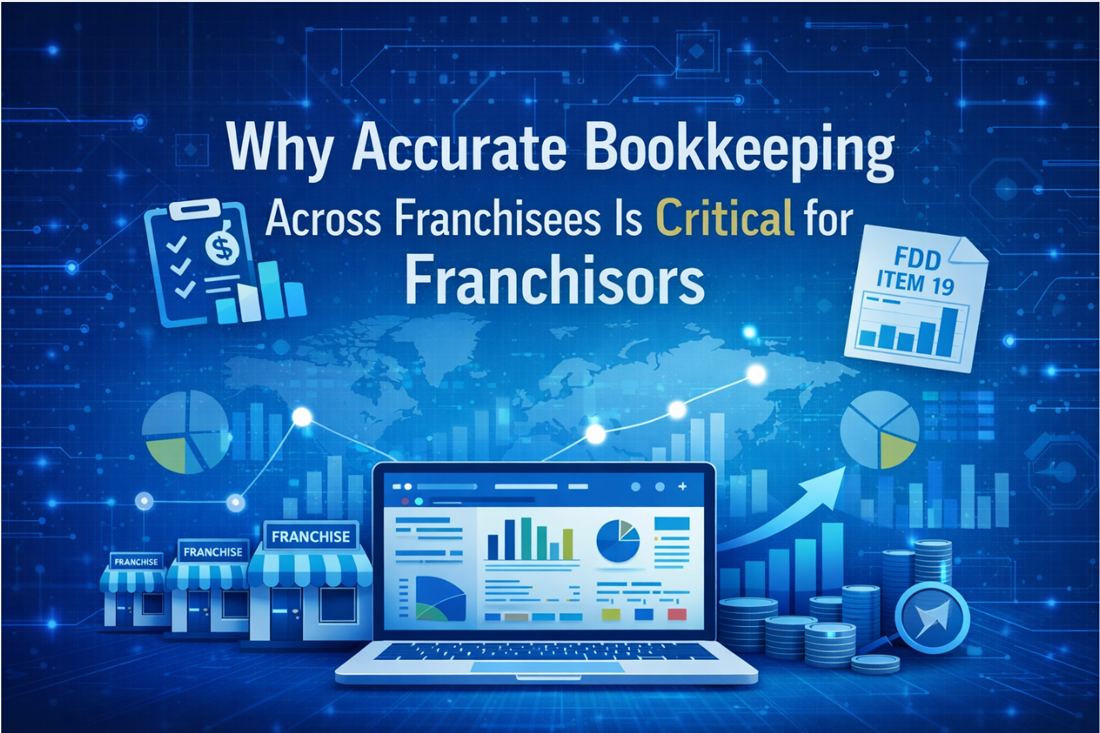You’ve probably read in some of our other blogs that you shouldn’t put personal expenses on your business credit card (and vice versa). But there are also some business-related expenses that shouldn’t really go on that card, either.
Why Have a Business Credit Card?
In the first place, it just makes life easier for bookkeeping and tax-paying to keep business and personal expenses separate. In addition, business cards offer lower interest rates, higher credit limits, and other perks that personal credit cards don’t.
On the other hand, they don’t offer the same levels of consumer protection as personal cards. For example:
• Interest rates can be raised and credit lines lowered at any sign of financial problems
• No cap on late fees
• Over-limit fees can be applied
• Late or defaulted payments on a business card could affect your personal credit rating
That’s why it’s better to find alternate methods of paying for the following expenses.
Capital Expenditures
When buying big-ticket equipment or other business-related supplies, it really pays to find the lowest possible interest rate to finance that venture. The rate on your business card is almost sure to be higher than that of a bank or personal loan.
A good rule of thumb is to only use the credit card for items you can pay off within a few months.
Payroll
Some online accounting apps and management tools offer the convenience of linking to a credit card for payroll, instead of issuing bank paychecks. But beware, you’ll pay a high price for that convenience — namely, a lot of interest.
If you need to resort to a credit card to pay employees, it’s a signal that your business is in financial trouble.
Cash Advances
This is another sign that you have cash flow problems — which could alert lenders and card issuers if you do it often enough. Plus, with a cash advance, there’s a fee. And interest is charged from the moment you take the money, not starting at the end of the month.
Rather than racking up fees and interest every time you run short, take a hard look at your profit and loss statement and business plan to see what must be changed to prevent recurring cash shortfalls.
High-Risk Investments
We’re not talking about investing in your business, but rather the investing you do to grow your capital. Investments labeled high risk carry a high probability that their value will go down instead of up. Bitcoin, for example, is so risky that many credit card issuers won’t even allow you to use their card to buy it.
Minimize your risk by using another source of money to buy the investment — one that won’t leave you with a mountain of high-interest debt if the investment should go south.
Non-Deductible Travel & Entertainment
The IRS does allow some travel and client entertainment expenses to be deducted from your income tax. But if you go over the top, you’re letting yourself in for an audit. For example, if you fly to Las Vegas for an industry convention, you can deduct airfare, hotel, and meals; but you can’t deduct the costs of bringing your family along and staying an extra couple of days to party.
Put allowable expenses on your business credit card and anything extra on your personal card.
Legal Settlements
Charging a legal settlement to your business credit card is simply broadcasting to the financial world that your business is in trouble. Questions will be asked about your ability to repay a loan or credit card debt.
A better solution is to negotiate a payment plan directly with the other party.
Best Practices for Your Business Credit Card
For small operating expenses, a business credit card offers great convenience — as long as you can pay off balances quickly and avoid high-interest charges. (If you can’t avoid paying interest on a regular basis, the debt should be reflected in your balance sheet so you know how much profit you’re actually making.)
Think of your business credit card as a record-keeping device to track expenditures for accounting and tax purposes — not as a source of working capital.
Business credit card records —items purchased as well as dollar amounts — can and will be looked at by potential lenders and investors. Will those records reflect your good money management, or will they raise a red flag?
xendoo’s advanced accounting software integrates with your business credit card to automatically import and code transactions. It’s just one of the ways we save business owners like you time and labor on bookkeeping and tax preparation chores. Result: you have more brainpower to focus on the company’s core activities. Not to mention the peace of mind for a good night’s sleep!
[av_sidebar widget_area=’Blog Post Disclaimer’ av_uid=’av-om2w’]









